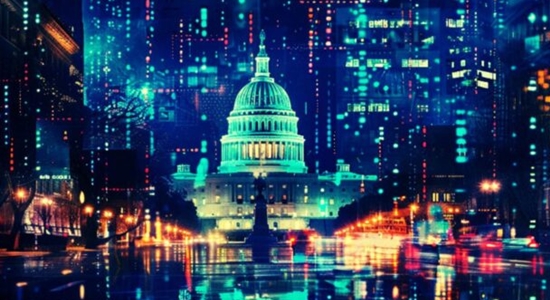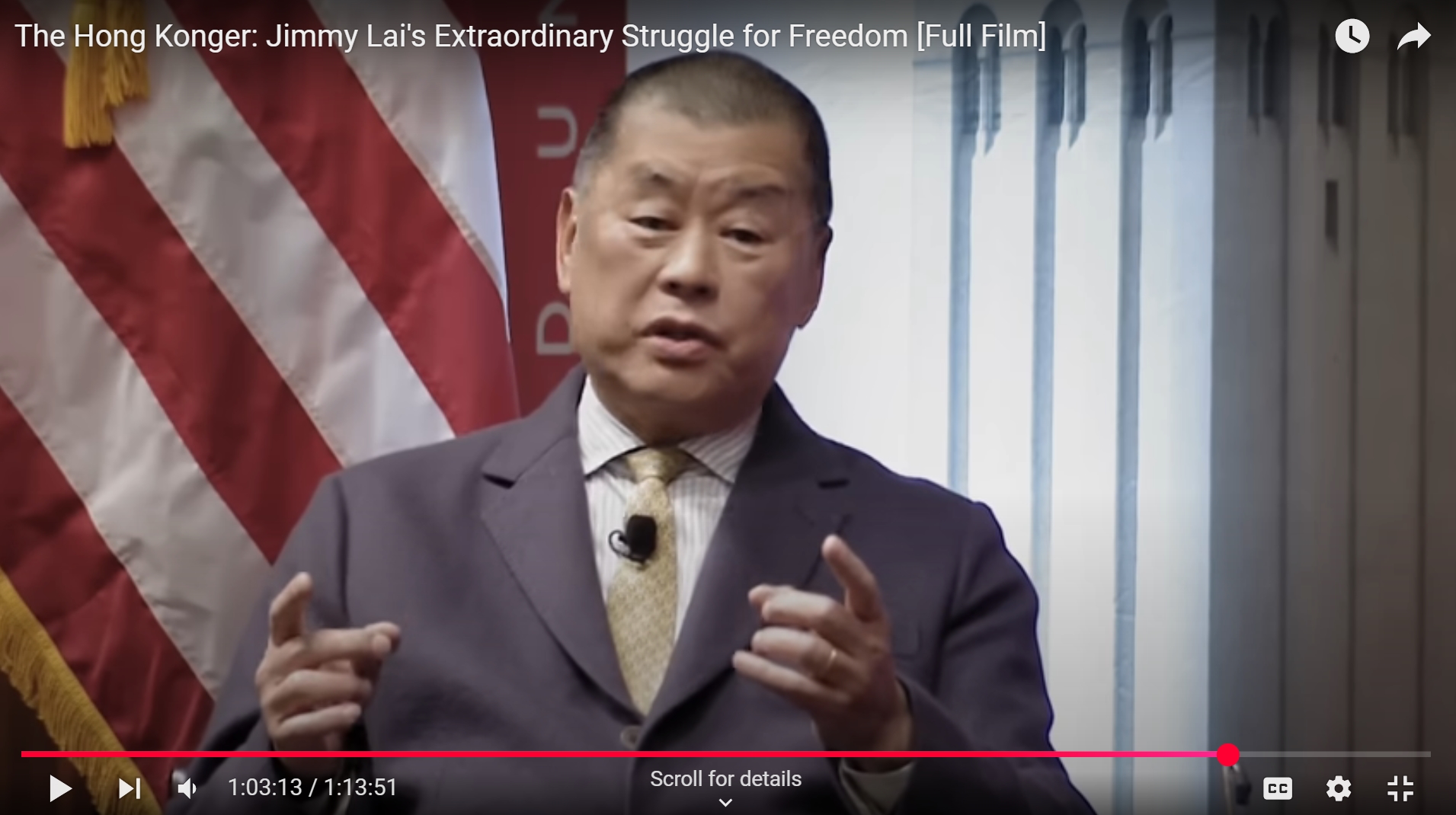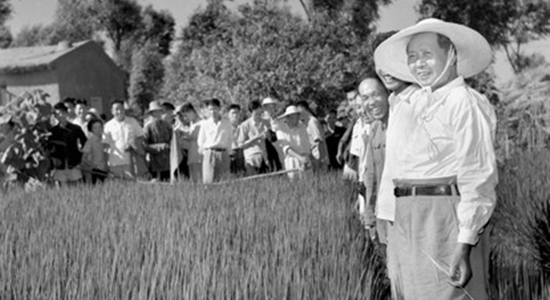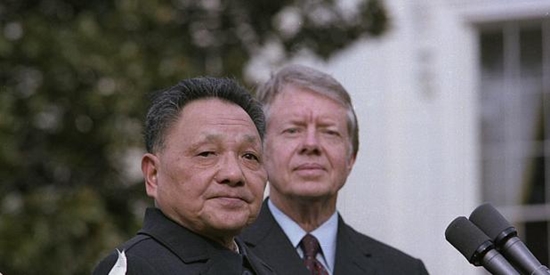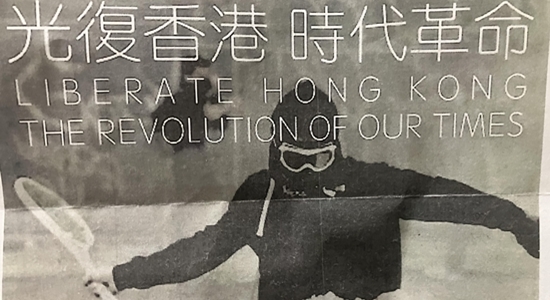
In June 2024, 19-year-old Lau Pun-hei and two others were arrested for positioning themselves illegally while spectators at Hong Kong Stadium. During a recent court appearance, Lau pled not guilty “to insulting China’s anthem during World Cup qualifier” (Hong Kong Free Press, January 6, 2025).
Apparently, though, the court has evidence. Alert police were on hand to watch and record the crowd.
Lau was formally charged in November, while another man and a woman, who were also arrested during the match, have not yet been charged.
Police said in June that officers had witnessed someone who had turned their back to the field and had not stood for the entirety of China’s national anthem. Local media reported at the time that some plainclothes police officers were observing spectators and filming them as “The March of the Volunteers” was played to the stadium.
In 2020, Hong Kong passed a law that criminalised insulting the Chinese national anthem “The March of the Volunteers.” The law regulates the use of the national anthem and sets out standards of behaviour when it is played, with those breaching the legislation facing a fine of up to HK$50,000 dollars and imprisonment for three years.
Under the law, one must “stand solemnly” and “not behave in a way disrespectful to the national anthem.”
Among other things, the law is an attempt at thought control. By requiring the appearance of solemn respect for a totalitarian state, this state hopes to inject actual respect into the minds of the hapless spectators. Who perhaps should know better than to risk their freedom by attending games or engaging in any other public or private activities.
Meanwhile, the Hong Kong protest anthem, “Glory to Hong Kong,” the anthem of the Hongkongers who so gloriously gathered to demonstrate against the mainland’s tyranny in 2019 and on earlier occasions, has been disrespectfully outlawed by the Hong Kong government, i.e., by the People’s Republic of China.
The ban is one of the Chinese state’s many efforts to “stifle human rights in the name of ‘national security,’ ” in the words of Amnesty International’s Sarah Brooks.
